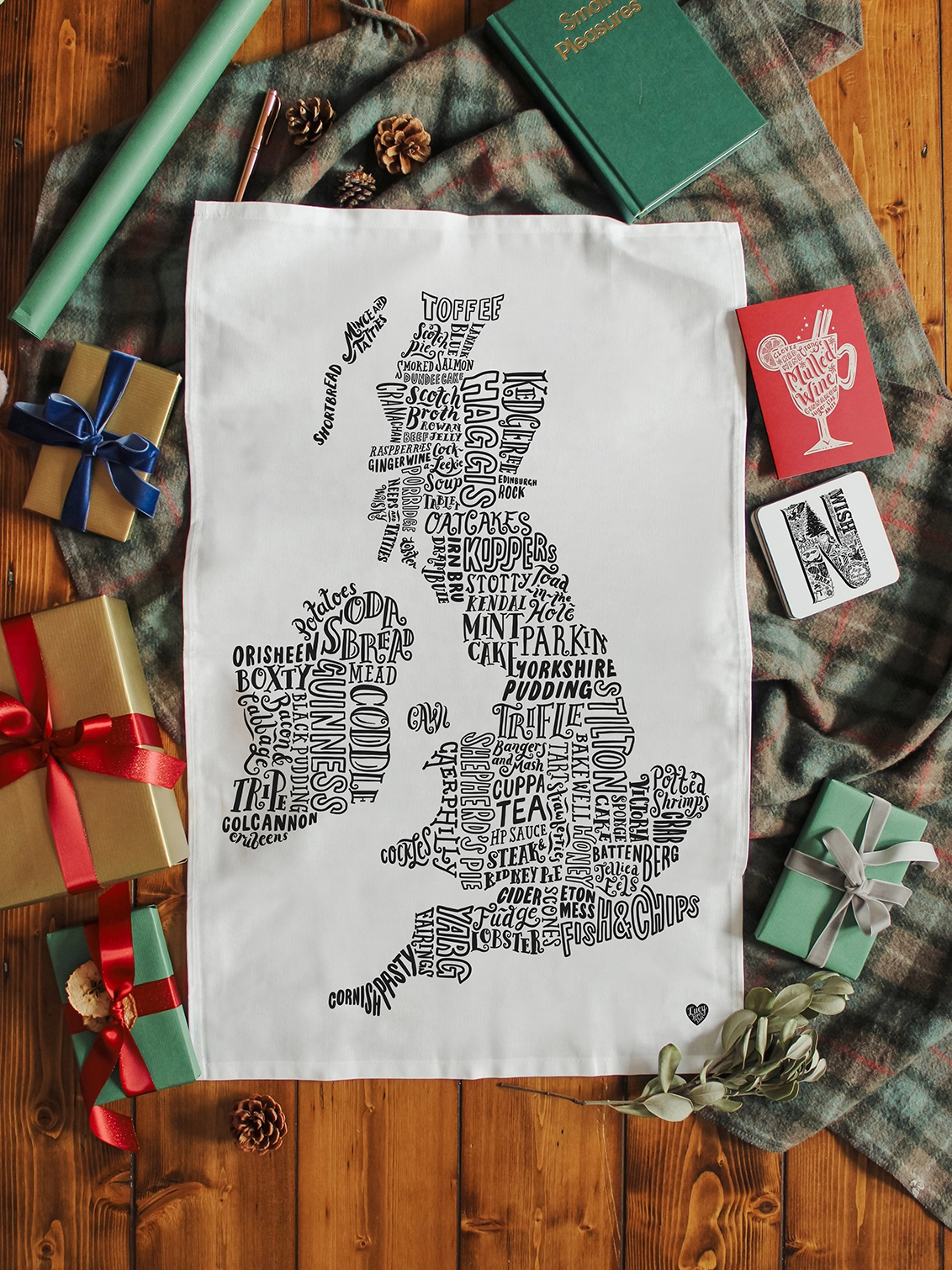
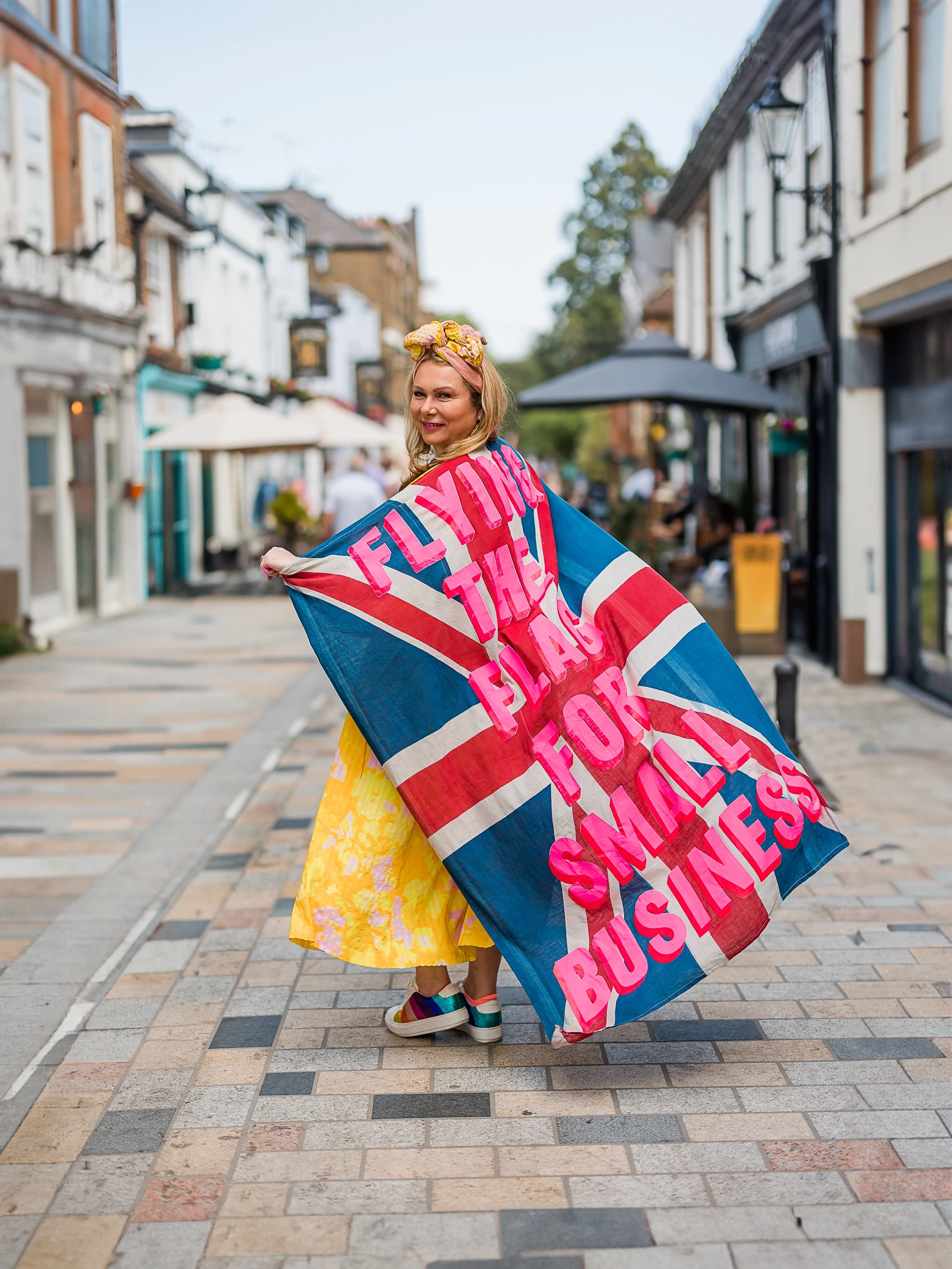
Why I’m so proud of UK made products: flying the flag for UK makers
UPDATED 21ST SEPTEMBER 2023
What does ‘Made in the UK’ mean? Why am I proud of UK made products? Let me share something with you...
Made in the UK? It’s the tag I look out for
If there was a lovely, new word for celebrating all things ‘UK made’ that didn’t have all the Brexit-y, colonialist connotations, I’d use it. Why? Because I truly believe that from the brilliantly unique skills of UK craftspeople and the sheer quality of what they make, to the fact that buying locally lowers our carbon footprint and supports local economies nationwide (and Christ knows we need it!) UK made products should be something we are proud of and protect. Plus there is just so much we stand to lose if we don't. Thanks to said Brexit, the pandemic and a global recession, almost 57% of UK small businesses doubted they’ll even be trading in a year’s time. So supporting local artisans — and the tremendous colour and creativity they bring to our nation — has never mattered more. And that’s why I will always champion ‘UK made’.
What does ‘Made in the UK’ mean?
For a maker to be able to use the term ‘Made in the UK’, a product must be wholly produced, manufactured or assembled within the UK (or to have been significantly changed through a treatment or process here). You can’t just apply the term willy nilly. It has to be earned. It’s proof that air miles haven’t been squandered and that something has not been made in China, for example — which is another reason we created our badges, so that you can clearly see exactly what is made in the UK on Holly & Co.

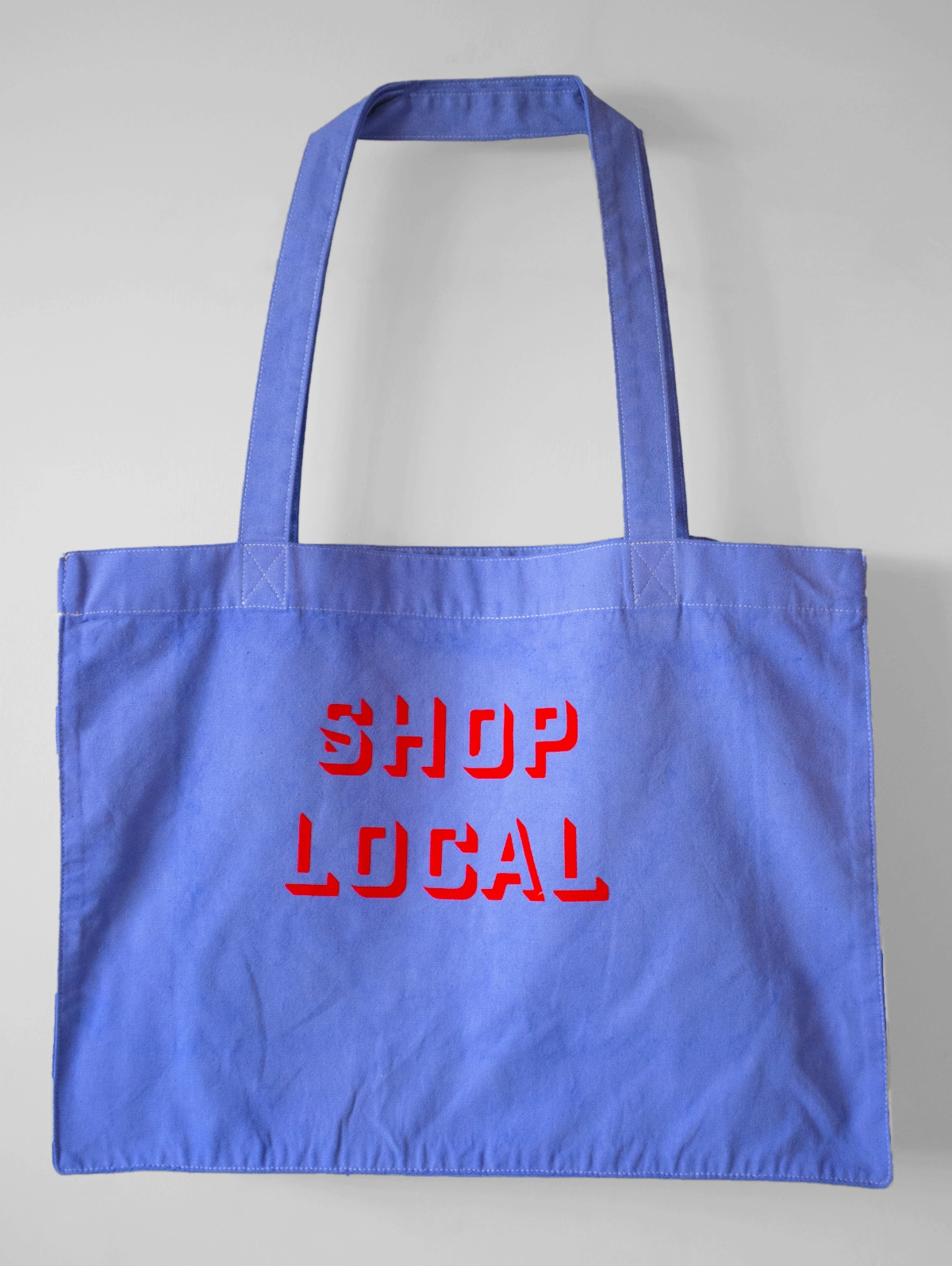
'Shop Local' Bag
Why is ‘Made in the UK’ good? 10 reasons why we should manufacture in the UK
Here are some more points to consider…
- Locally made products are better for the environment — with a lower carbon footprint thanks to the reduced transportation distances.
- The unique skills and expertise of makers — which is often handed down through generations. People who make with their hands often create perfectly imperfect, one-of-a-kind products.
- A sense of purpose — knowing you are getting up each day to create something that is of real value to others.
- Mental health benefits — surely it’s important to value calm, slow practices over making a fast profit?
- The fact craft helps build rich communities — benefiting not only maker communities across the UK but also local communities, who can take pride that York is now known for its York Ghost Merchants for example or that Frome has a vibrant independent scene (see my local shopping guides on Instagram for more).
- It supports the UK economy and creates jobs — micro businesses are essential to the UK economy, generating £1.6 trillion and employing 16 million people — yet 92% of small businesses reported that they don’t feel seen, heard or loved.¹
- Unique products — focused on anything from our sense of humour and eccentricity, to our unique sense of style.
- A high ethical standard of workers — compared to some countries around the world, the UK rate is generally reported to be high.
- A high level of quality control — the UK manufacturing laws (not to mention the pride of makers) helps ensure meticulous craftsmanship.
- Plus there’s the emotional value of giving and receiving handcrafted gifts made locally — I truly believe it represents thoughtfulness and care because it shows you think not just about buying ‘stuff’ but about the real cost and value of what you choose to give to people.
A nation of shopkeepers
Apparently, it was Napoleon who called us a nation of shopkeepers and it was originally meant as an insult. But is it? Are the ‘swipe and scan’ tills at supermarkets really better for our communities? Corporate businesses are excelling and high streets have been accused of morphing into generic ghost towns. Won't shopkeepers with decent values, original products and the personal touch be missed? Plus it’s not just our unique physical and online shops that are slipping away, but UK crafts and crafts(wo)manship too.
Is UK craft at risk of dying out?
The World History Encyclopedia says that the word 'craft' comes from the Middle English word for 'strength' or 'skill’ — skill in planning, making and executing, and by extension ‘an occupation or trade requiring skill’.² With a 40% drop in the number of students taking art and design GCSE in 2023 compared to 2010, these craft skills look likely to diminish. Plus the number of UK crafts on the extinction or ‘critically endangered’ list is growing — with everything from piano making to fabric pleating set to disappear.
The price of buying mass produced products — plus the cost of automation
It’s not just making things in the UK either, but hand-making them. So much can be ‘generated’ these days, but at what cost? Yes, machines and computers can make things (and certainly bring many benefits, too). But what are they taking away from humans by doing so? A sense of purpose, connection, pride in your work and so on (read my article on celebrating the beauty of handmade and why craftsmanship beats AI for more on this subject). Plus the beauty is often in the mistakes and the imperfections isn’t it? So what do we get if this has no place in the modern world either? A sea of carbon copies? Is that really what we want the UK to be like?
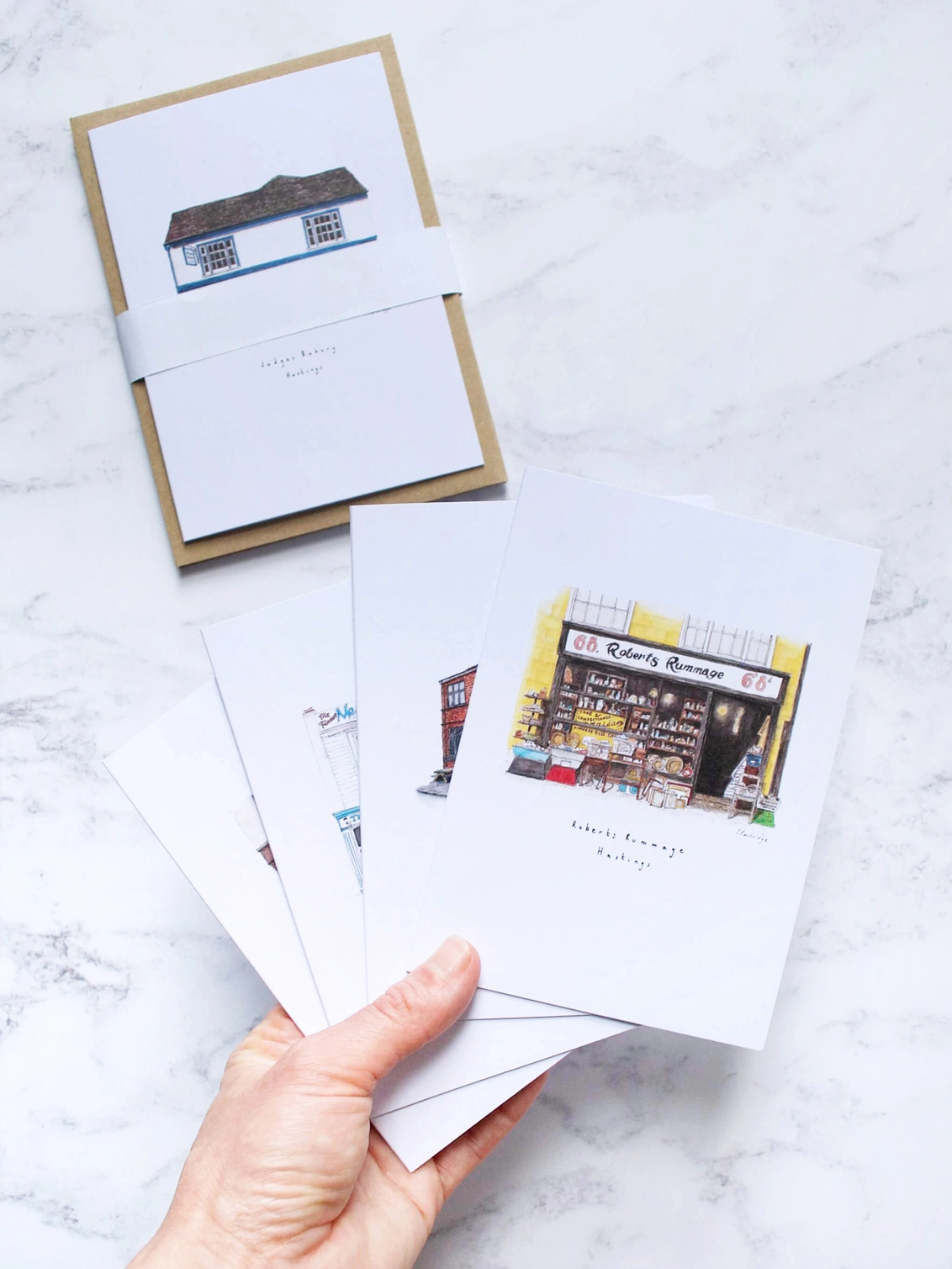
Hastings Watercolour Shop Fronts Greetings Cards
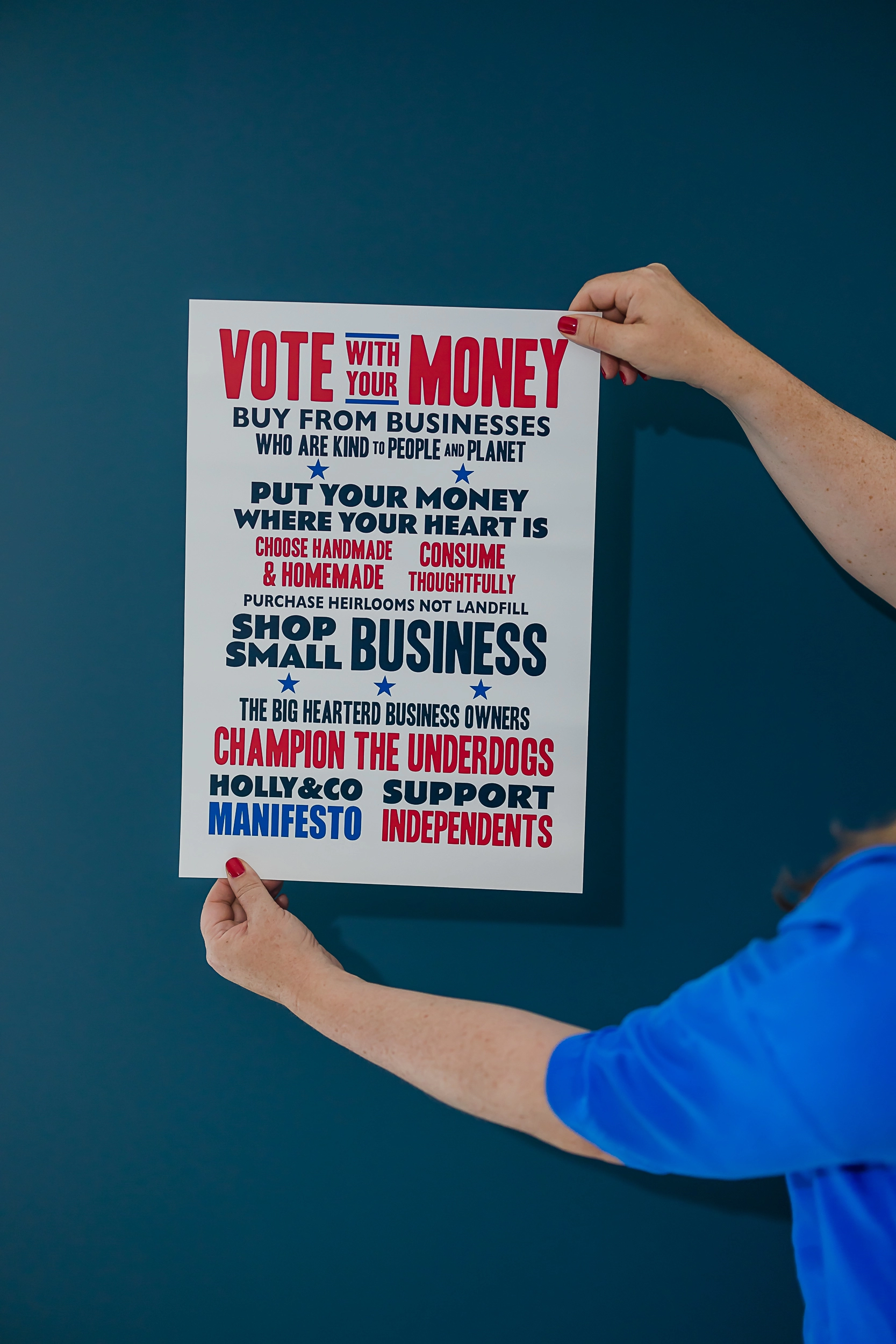
Why people should support Campaign Shop Independent: backing UK businesses
I launched #CampaignShopIndependent back in 2017 to fly the flag for small businesses across the UK and to support our local artisans: to show where our hard earned pounds could be going and to take pride in protecting UK craftsmanship and heritage. I wanted to take a stand to uphold conscious choices, so that we all gain from the collective positive effect that choosing handcrafted products can have on the environment, local economy and the preservation of traditional skills. Because when you spend with an independent UK business, you’re buying a little slice of their creative imagination and talent — you’re not funding a CEO’s super yacht. Every pound we spend casts a vote for the type of world we want to live in, and I for one plan on making my choices carefully.
UK made products are rich in stories
Finally, buying from the UK isn’t simply based on the practical geographical arguments either. It’s about standing up for the personal touch and using our buying power to demonstrate that the stories behind UK artisans matter. It is these stories that are poured into every piece; the little irregularities, the years of practice, the fact that it took four goes in the kiln and three cups of tea to get something finished properly and that if someone hadn’t stayed up till midnight packing parcels, it would never have got there. Together, this is what we can protect if we choose UK made. I understand it’s not straightforward. But I, for one, will be very proud to help do that.

Sources: 1. Independent research commissioned by Holly & Co 2. World History Encyclopedia on craft
More inspiration for you
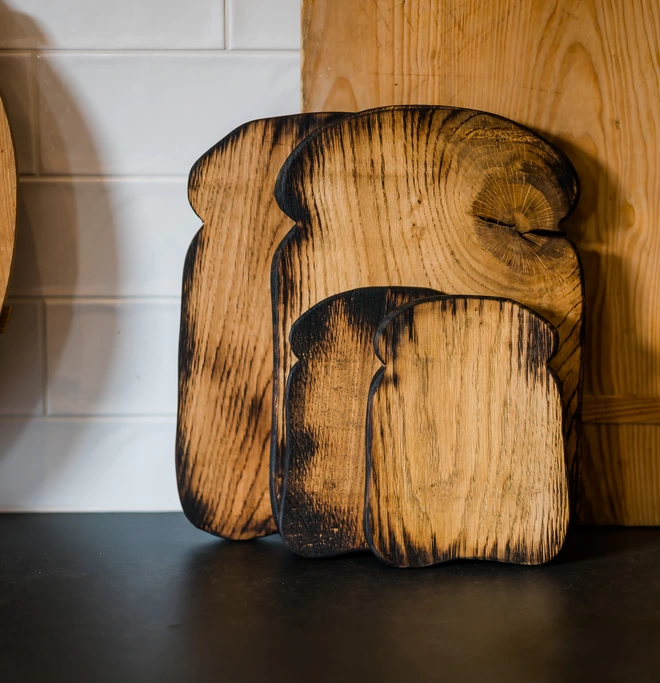
Meaningful gift ideas for men: 3 ways to elevate your ‘gifts for him’

Stitching a path to Bridgerton
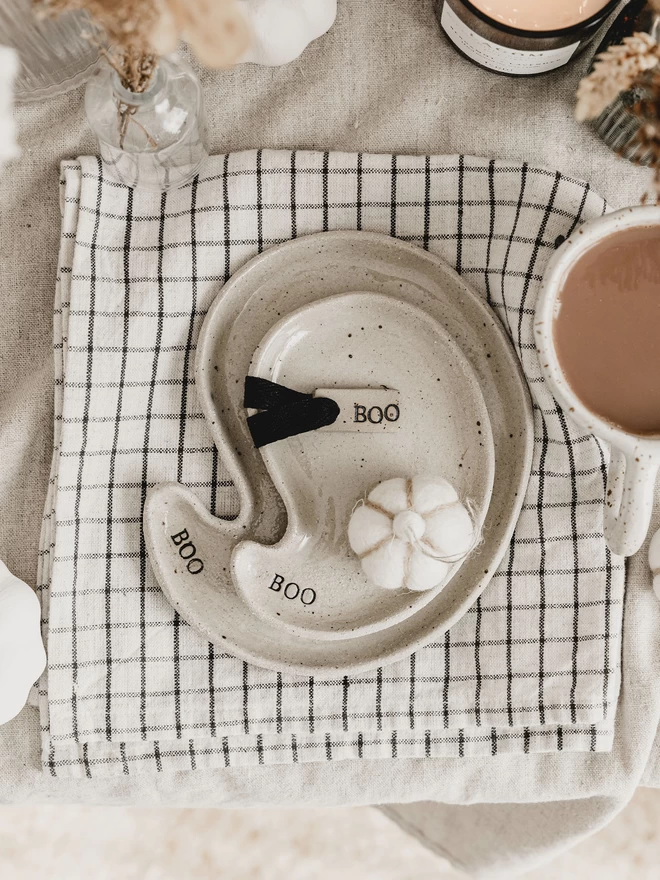
Halloween reinvented: swap the naff and faff for a sustainable Halloween
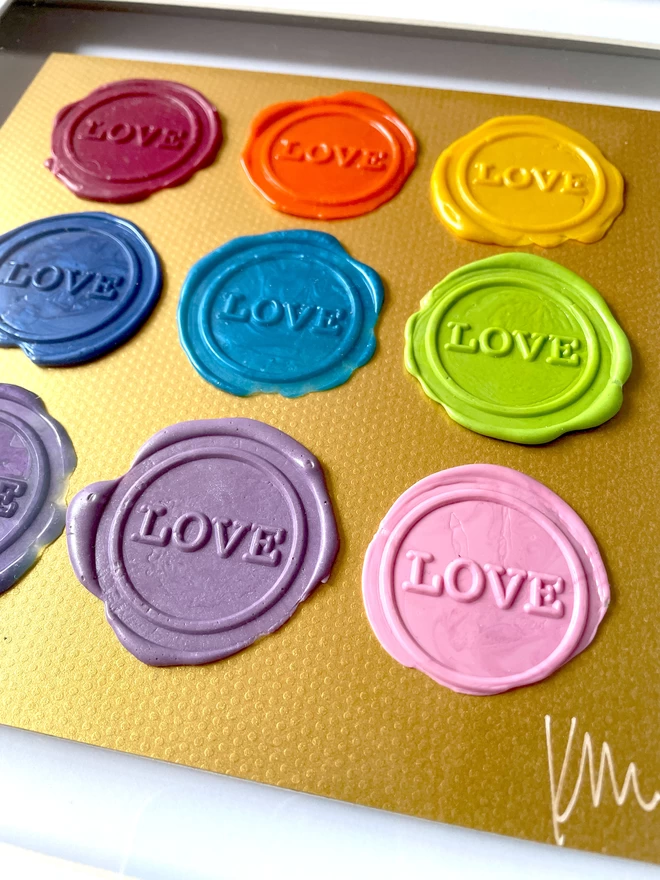
Anniversary gifts by year? Try these wedding anniversary gifts they’ll love
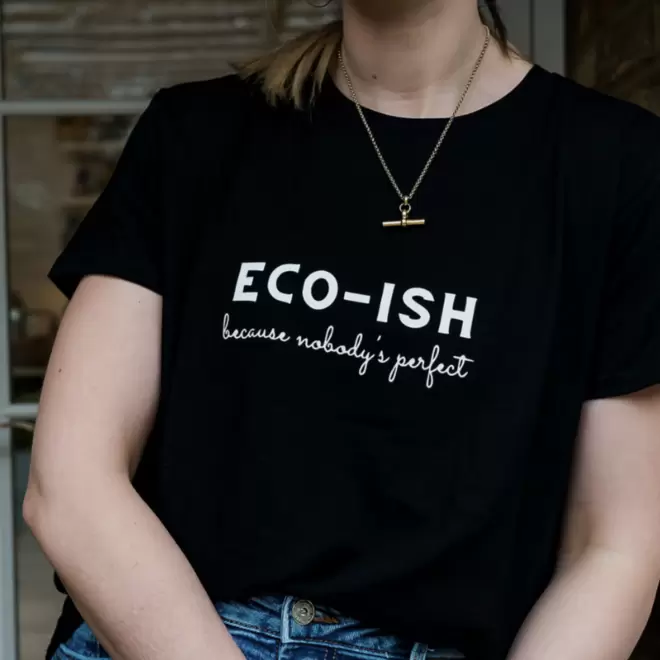
Go green: easy eco-swaps to make your home more eco-friendly

Gifts that give back: discover the best presents with a purpose

Planting hope: the importance of inspiring optimism and having faith
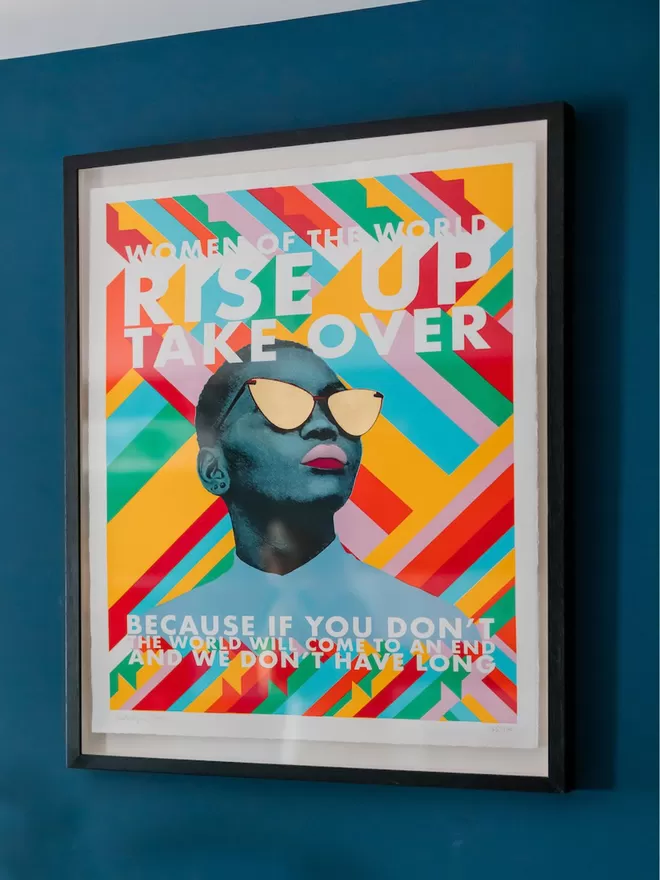
How to buy art that brings you joy: 6 tips from an avid art collector
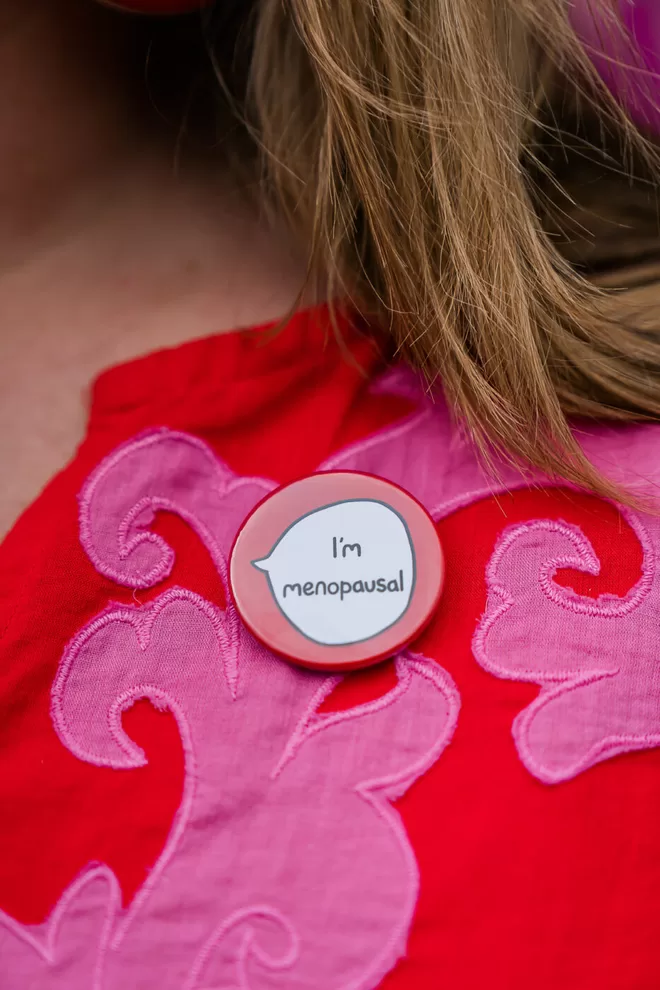
The menopause revolution: how to take control of your future
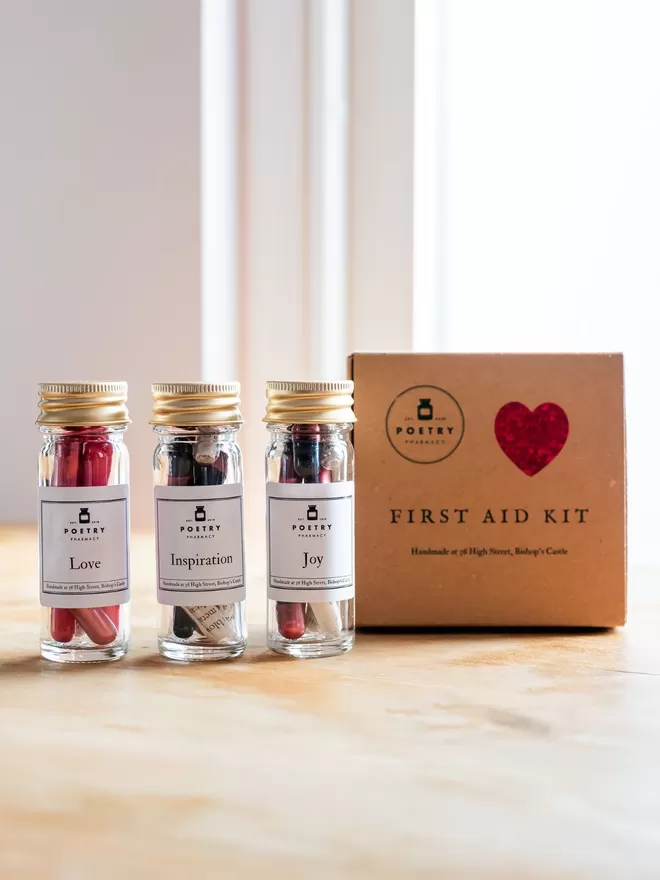
Valentine’s Day gifts for all: because the world needs more love
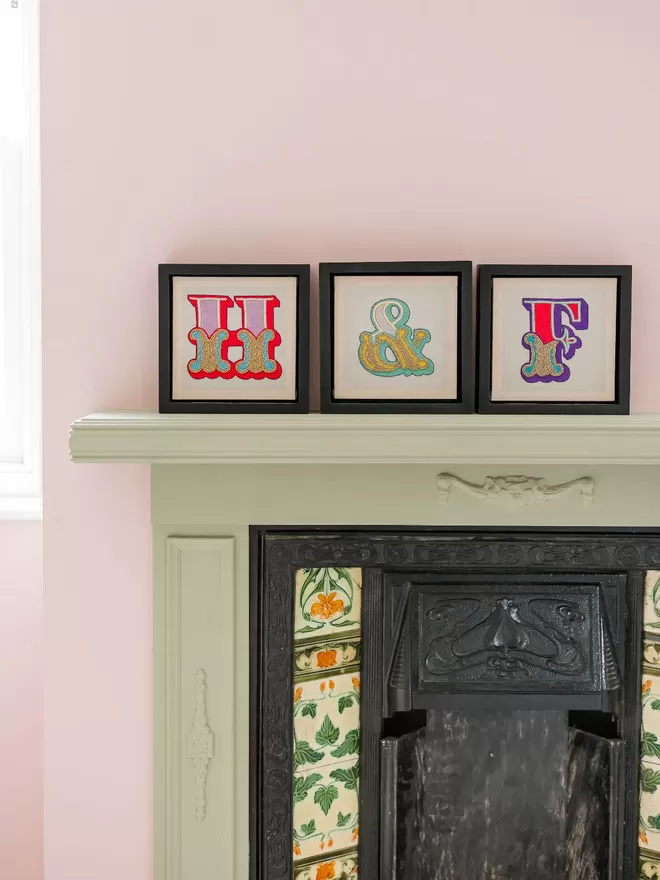
The most popular engagement gifts for 2025: unique, thoughtful and handmade

Father's Day gift guide 2024 (how to shop for different types of dad)
Be the first to know
Sign up to our emails for brand new small business magic and inspiration. And if you create an account, you’ll also get exclusive product drops, discounts and more from Club Holly & Co, too.
